History of Communism in Europe: Communism, Nationalism and State Building in Post-War Europe | Bogdan C. Iacob
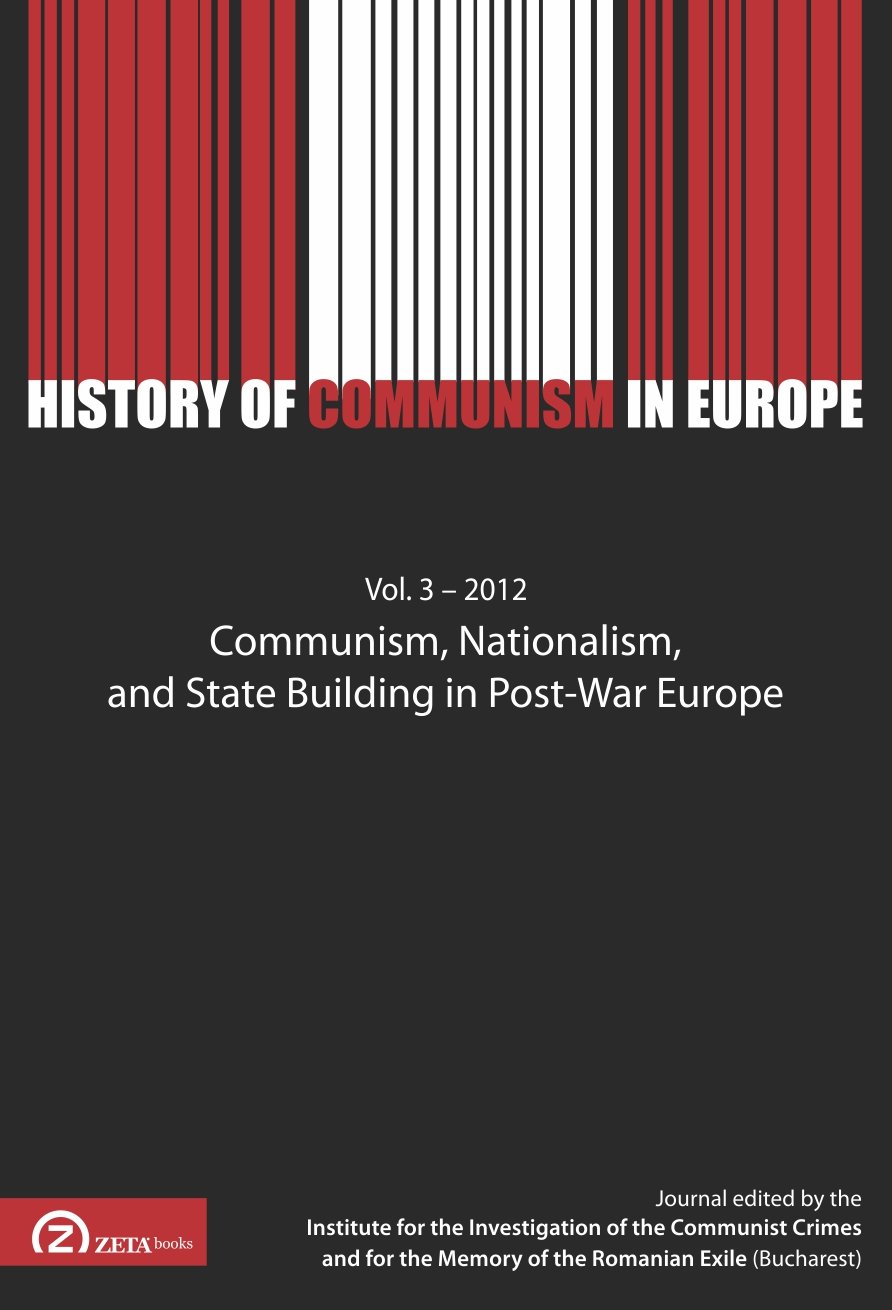
Detalii History of Communism in Europe:
History of Communism in Europe: - Disponibil la carturesti.ro
Pe YEO găsești History of Communism in Europe: de la Zeta Books, în categoria Carte straina.
Indiferent de nevoile tale, History of Communism in Europe: Communism, Nationalism and State Building in Post-War Europe | Bogdan C. Iacob din categoria Carte straina îți poate aduce un echilibru perfect între calitate și preț, cu avantaje practice și moderne.
Caracteristici și Avantaje ale produsului History of Communism in Europe:
- Departament: gaming-carti-birotica
- Ideal pentru pasionații de jocuri, birotică și distracție online.
Preț: 41 Lei
Caracteristicile produsului History of Communism in Europe:
- Brand: Zeta Books
- Categoria: Carte straina
- Magazin: carturesti.ro
- Ultima actualizare: 27-10-2025 01:24:43
Comandă History of Communism in Europe: Online, Simplu și Rapid
Prin intermediul platformei YEO, poți comanda History of Communism in Europe: de la carturesti.ro rapid și în siguranță. Bucură-te de o experiență de cumpărături online optimizată și descoperă cele mai bune oferte actualizate constant.
Descriere magazin:
The history of postwar that emerges from the contributions in the current issue of History of Communism in Europe reveals a thematic range that encompasses topics such as politics of communist state building and systemic centralization, minority policies, national artistic representations, internationalism versus patriotism, politics of culture, transnational exchanges, social integration, and continuities beyond the 1945 threshold. In no way do we pretend to have comprehensively covered the myriad complexities and paradoxes of the European postwar. But those topics discussed by the authors in this issue reinforce the conclusion that our current knowledge and information on the decades that passed since the end of the Second World War compels the research to strike out in new directions which no longer can be contained by the dichotomies of the Cold War. A continued historiographical emphasis on a continent divided along an East-West alignment does indeed tell an important story of Europe. It fails though to fully account for the entanglements and delimitations, isolation and integration, regional and imperial experiences which lay at the very core of Europe s postwar history. Such broader, dialogical, and more inclusive view of the last forty-fifty years of the twentieth century on our continent could also possibly facilitate a common memory of five decades which for so long has been interpreted along mostly divergent or opposite directions: democracy versus totalitarianism, (anti) fascism versus (anti) communism, or ultimately, as radical evil, Holocaust versus Gulag. In his contribution to the first volume of the Cambridge History of the Cold War, David Engermann remarked that the history of the Cold War was one of boundaries. However, this argument can be taken further. One could state that the postwar is a tale of how frontiers shifted and transformed to such an extent that the resulting momentous, but evolving, arrangements of society and individual, nation and state, local and regional, in-bloc and trans-bloc, bipolar or continental, ideology and post-ideology produced unexpected commonalities, lags, and expectations which define the Europe of today.

Produse asemănătoare

Unhumans: The Secret History of Communist Revolutions (and How to Crush Them) - Jack Posobiec
![]() libris.ro
libris.ro
Actualizat in 28/10/2025
184.09 Lei

The Red Flag: A History of Communism - David Priestland
![]() libris.ro
libris.ro
Actualizat in 28/10/2025
133.92 Lei

Hammer and Tickle: A Cultural History of Communism - Ben Lewis
![]() libris.ro
libris.ro
Actualizat in 28/10/2025
139.15 Lei

Hotel Lux. An Intimate History of Communism\'s Forgotten Radicals, Paperback/Maurice J Casey
![]() elefant.ro
elefant.ro
Actualizat in 28/10/2025
93.99 Lei

Hotel Lux. An Intimate History of Communism\'s Forgotten Radicals, Hardback/Maurice J Casey
![]() elefant.ro
elefant.ro
Actualizat in 28/10/2025
158.99 Lei
Produse marca Zeta Books

Early Modern Philosophy of Technology | Robert R.A. Arnautu
![]() carturesti.ro
carturesti.ro
Actualizat in 27/10/2025
43 Lei
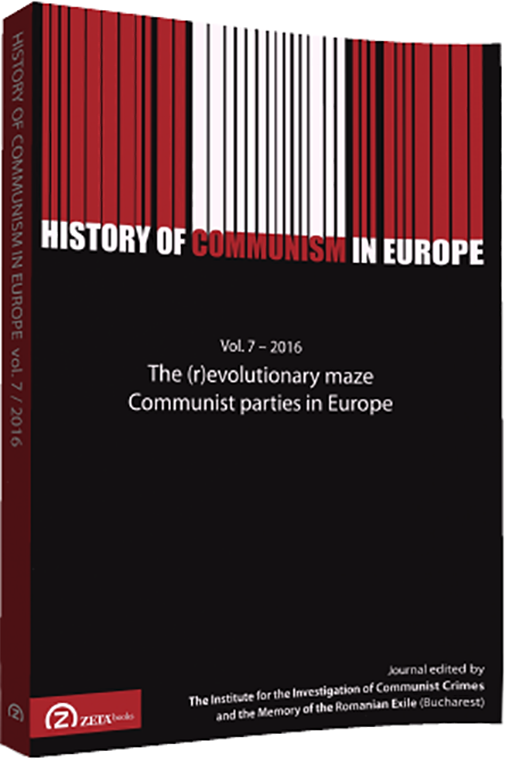
History of Communism in Europe: Vol. 7 / 2016 | Dalia Bathory, Various Authors
![]() carturesti.ro
carturesti.ro
Actualizat in 27/10/2025
45 Lei
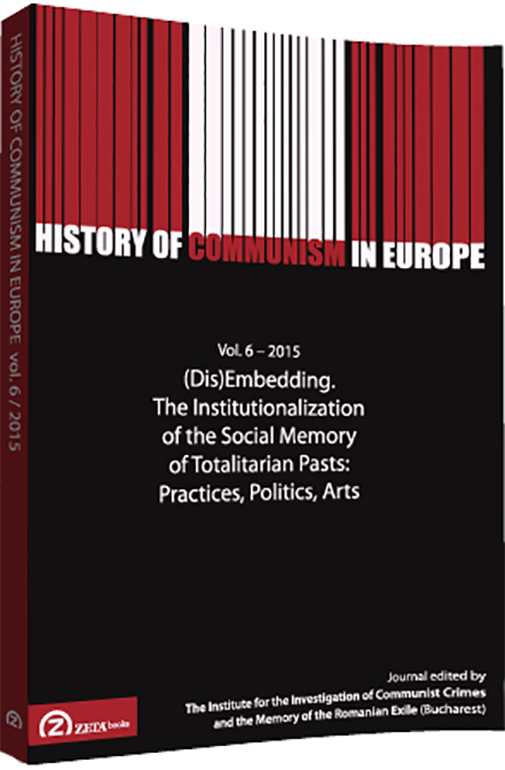
History of Communism in Europe: Vol. 6 / 2015 | Dalia Bathory, Various Authors
![]() carturesti.ro
carturesti.ro
Actualizat in 27/10/2025
44 Lei
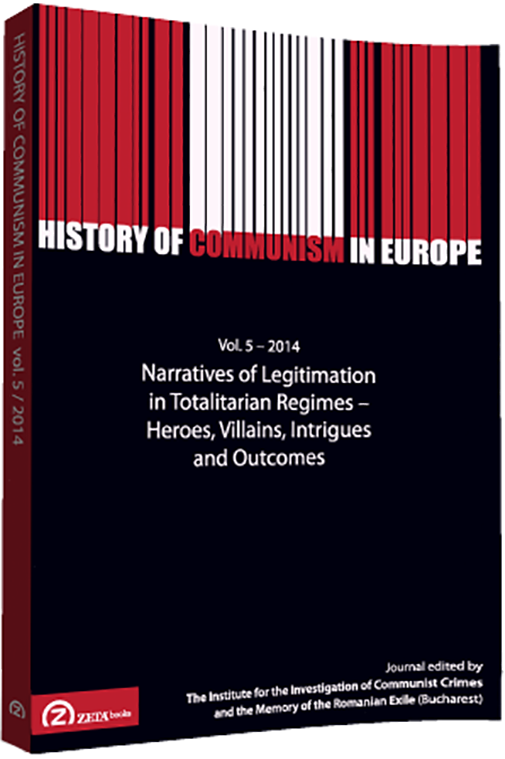
History of communism in Europe: Vol. 5 / 2014 | Dalia Bathory, Various Authors
![]() carturesti.ro
carturesti.ro
Actualizat in 27/10/2025
44 Lei
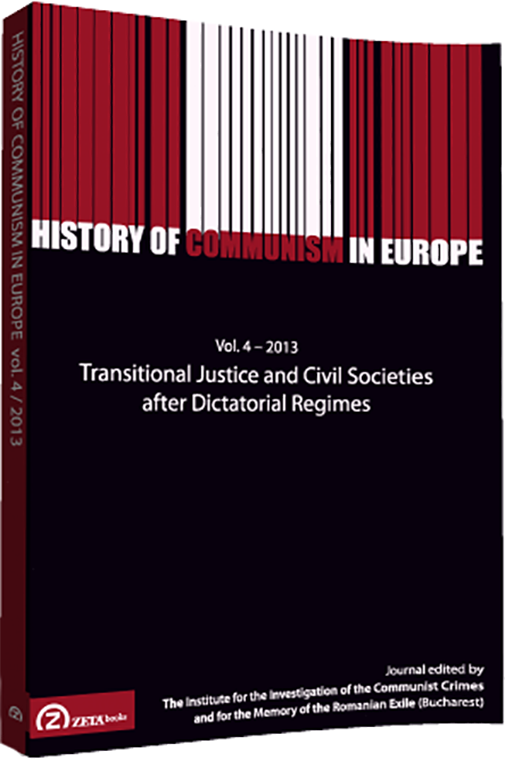
History of Communism in Europe: Vol. 4 / 2013 | Dalia Bathory, Various Authors
![]() carturesti.ro
carturesti.ro
Actualizat in 27/10/2025
44 Lei

